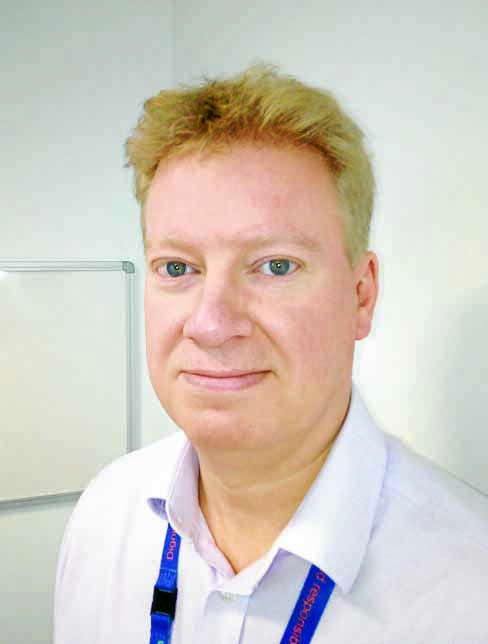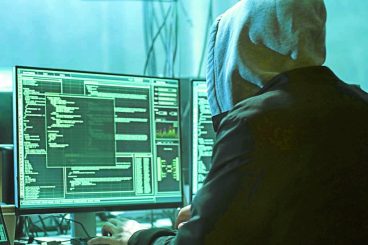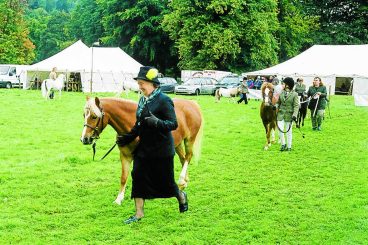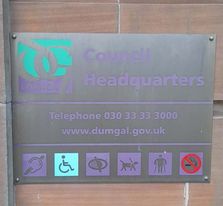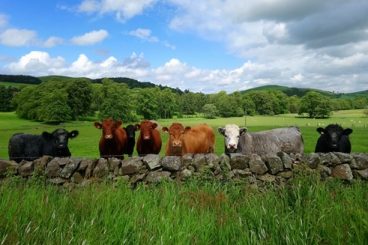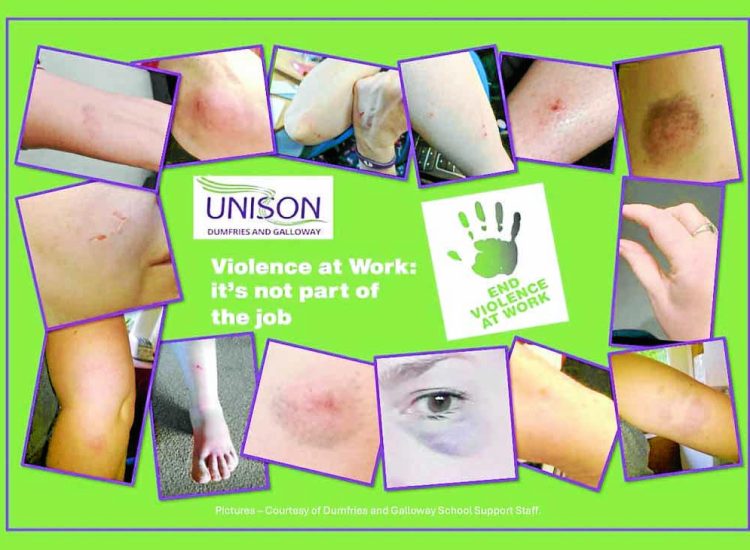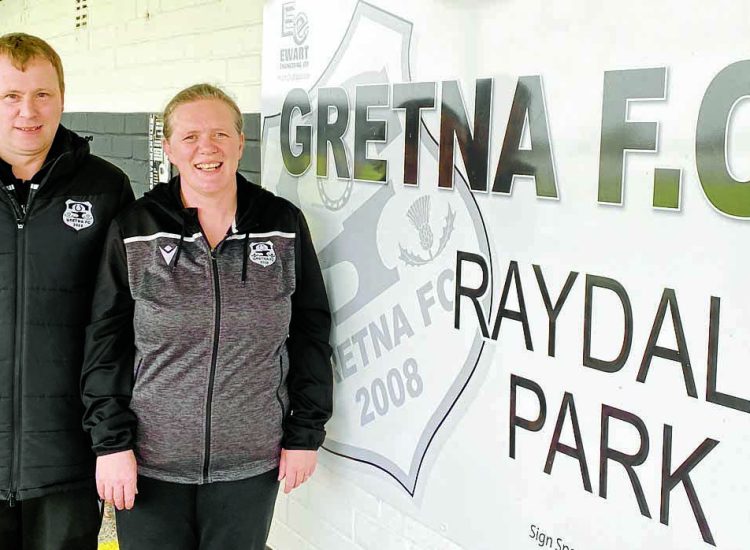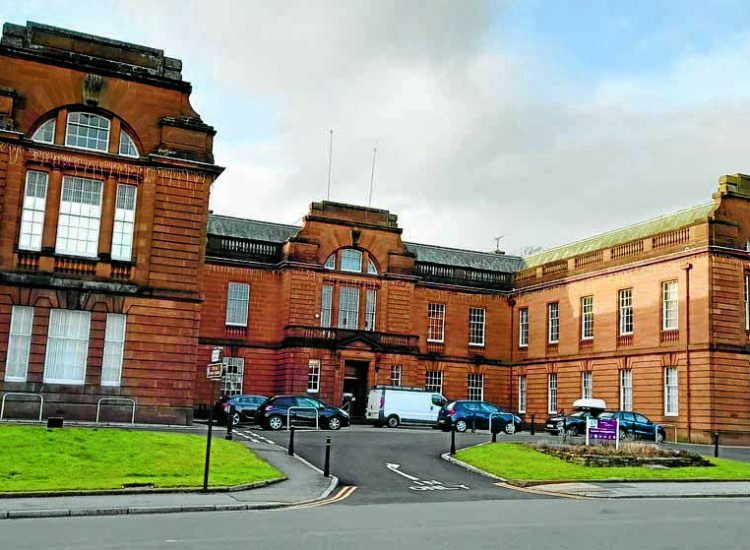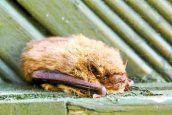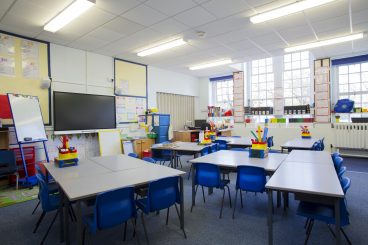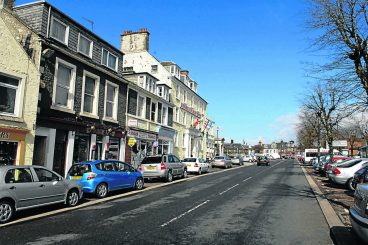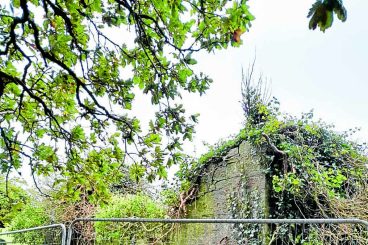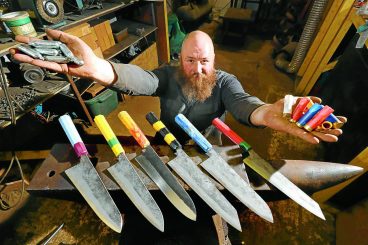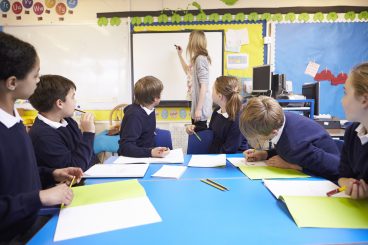In an interview to mark a year since the virus arrived in Scotland, NHS medical director Ken Donaldson, left, revealed it has been the biggest challenge of his three years in the post and of his career.
He said: “It’s quite interesting reflecting back, although so much of a year ago is fuzzy.
“It was late March 2020 when we had the first patient here. It kind of crept up on us: I remember at the beginning of January someone mentioning a virus coming out of China but I did not think much of it.
“Through February 2020 my job was normal and my diary was normal. There was one meeting a week we were talking about it. But at the start of March my diary completely cleared and we were dealing with covid planning.”
Patient predictions for Dumfries and Galloway were alarming with modelling suggesting 800 admissions a day.
The doctor said: “It was these crazy numbers.
“It was flawed, no doubt, but at the time it was all we had and it was quite terrifying.”
Work started to clear Dumfries hospital in readiness for the ‘massive influx’ and the waiting started.
Dr Donaldson said: “The biggest emotion around was fear – because of the numbers we had been told and we were hearing stories
about health care workers dying around the UK, so there was definitely a feeling of fear in the hospital about what was potentially coming and how it would affect us.”
He was on call when the first potential covid patient arrived, but then a repeat test showed it was flu. However, the respite was short-lived and he recalls: “The first one came a few days later. It was a curve, we had one a day, then two, then three, four. Numbers never reached those massive peaks, nowhere near it.”
And he believes the national lockdown on March 23 2020 had a huge impact on the local situation: “We were a bit behind the rest of country and the lockdown was a Godsend for us, it worked for us here in D and G.
“We were very lucky as the first wave was not anywhere as bad. We got a reasonable number of patients who ended up in critical care and the focus was on critical care, but the rest of the hospital never really got hit.”
Staffing and resources were adequate and he said: “We planned for the absolute worst, which never really came. What did come, we had everything we needed for.
“One thing that made a massive difference for us was the hospital itself. There was a lot of controversy around single rooms when it was build but we pushed for planning a hospital that could cope with a pandemic like flu. Our hospital has really good ventilation, design, single rooms and it really, really helped.
“In terms of PPE, like the rest of the country we had enough at the end of day but there was a constant fear we might run out. What really stuck out was the response from the community, people making masks, scrubs, visors. It was amazing and bridged the gap.”
Even though small scale training had been held and a pandemic plan was in place at NHS Dumfries and Galloway, it was geared towards flu and proved largely unusable.
He explained: “In 2018 we had a big surge of flu that was really quite challenging. After that we reviewed things and got ourselves in place for a flu pandemic.
“However, coronavirus is a novel virus, no human beings had been exposed to this. The reality was what we had in that plan was not going to be fit for purpose and we had to start changing and think outside the box.
“With a flu pandemic you get 20-40 a day, some younger but predominantly elderly. Last year with covid it was more elderly but in the latter phase we have been seeing patients in their 40s and 50s.”
Dr Donaldson remembers how quiet the hospital got in 2020 as attendances dropped and procedures were cancelled.
It meant they could retrain and redeploy staff to key areas. “That worked really well,” he noted. “Also, there was a significant number of people who had retired who came back to do lots of things, from frontline work to staff support. They were fulfilling tasks other people could not do. A lot of people stepped up.”
Fast forward to winter 2020 and Dr Donaldson and his team were gearing up for round two.
He said: “Pandemics traditionally come in waves but if you asked me a year ago, I would have thought we would be back to normal by now, I did not have that long term vision.
“At the end of last year we knew there would be more waves. We were hoping it would be like the first time but we were really caught off guard by the new variant.”
He went on: “January and February this year was much closer to what we thought we were going to get last year.
“It was pretty overwhelming with far more patients in wards. The critical care unit was up to four times its capacity.
“It was exhausting for staff. Most of the unit was closed and they had to wear full PPE for the whole day.
“The respiratory ward filled up too and they had a mini high dependency unit.”
But despite the increase, the workload was well managed: “What I noticed was all that the staff did in March and April last year fell into place in January,” said the doctor.
“It was almost like that was the exercise, then we actually had the full blown thing this winter. It was amazing to see, we were hit but it worked.”
As for the vaccination programme, he “could talk about it all day”, describing it as “such an enormous effort”, as well as an “incredible amount of work” carried out by a small team.
He added: “They have risen to the challenge and done an amazing job.
“The response from the public has been tremendous, generally it’s been a real success.
“We probably won’t need to reach 100 per cent vaccination. As long as it’s 70-80 per cent then with that and those who have had it, it should give us good protection.”
Describing the hardest points, he said: “Personally, this time last year was by far the worst for me: it was that unknown, we did not know what was coming and it was really scary.
“Now I can see how stressed I was with headaches and that sort of stuff.
“I just can’t think of anything that comes close to this and how I was feeling last year at this time. Many of us were not sleeping and were really worried. We were thinking it was going to be overwhelming and that no matter what we did, people were going to die.
“When I was meeting up with colleagues I was seeing that fear in their eyes. It’s something I have never experienced before.”
However, he can see positives too and is pleased at a drop in all other respiratory illnesses, particularly childhood viruses, norovirus and flu, and he is keen to ‘capture’ that for the future with increased infection prevention and control measures.
Dr Donaldson said: “There’s been no flu this year and we all feel it’s because of lockdown, handwashing, mask wearing, social distancing. Usually paediatric wards are full of respiratory cases but none of that either, so that’s been a silver lining and there will be conversations going forward.”
Virtual meetings and remote appointments for patients are other benefits that he would like to see remain in place.
Meanwhile, he is cautiously optimistic for 2021 thanks to the vaccine and said: “I would like to think by June/July we will be able to go out and about to shops, pubs, restaurants, cinema.
“There could be some mask wearing, whether or not people want to keep that will be interesting to see.
“We have got to have faith the vaccine will work and if it does, surely by summer we should be able to get back to normal.”
Nonetheless, he wants everyone to realise that covid is here to stay and will likely reappear most winters, with some hospitalisations.
He said: “Every year we prepare for a winter surge, we always have a winter plan and I suspect covid will be a big part of that.
“We really do not know what will happen with the vaccine but it could end up a bit like flu and just part of normal life.”
And his main message after an unforgettable year is one of thanks:
“Dumfries and Galloway overall has come through this pretty well and a lot of that is due to public adherence to guidance and patience with the vaccine rollout.
“It does not surprise me as we are quite an amazing little community. “My other thanks are to our frontline health care workers. Lots of people have really risen to the challenge to do amazing things to help get us through this.”





